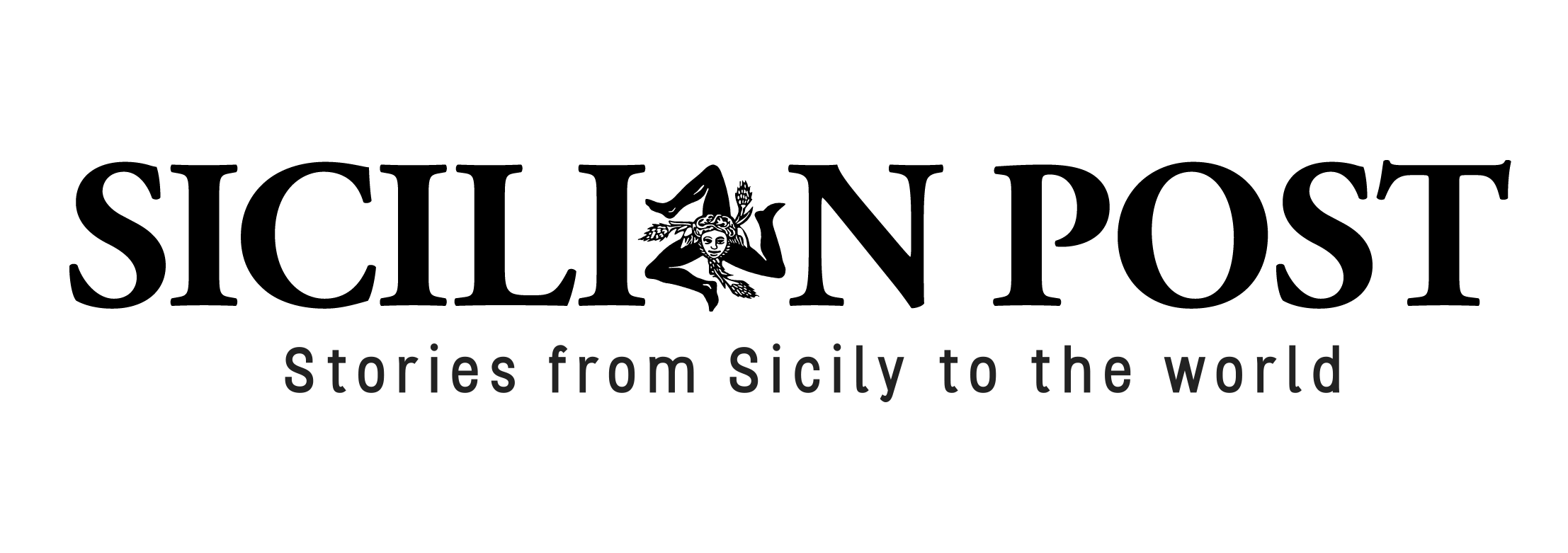Human Learning
Twenty twenty-four will be the year of Artificial Intelligence (AI). In fact, never before has the perception become more widespread that talking to or asking for help from a machine is an integral part of our normality, to the point that the boundary between these two dimensions has become increasingly blurred, sometimes dramatically so. While the world was busy wondering about the ethical implications of this technological leap, the non-human took another form: that of the inhuman and its innumerable articulations in our daily lives. This is, in our opinion, one of the crucial issues of our time. We work on this special issue of Sicilian Post through which, with contributions from authoritative authors, we pose the question of what, in this context, can still make us human.
In one of the contributions featured in Human learning, sociologist Derrick de Kerckhove and the director of Media 2000 Maria Pia Rossignaud focuse on the epochal significance of the latest developments linked to AI, evoking a future humanity that increasingly relies on the enormous wealth of knowledge preserved by technological tools. Innovations which, of course, are not without potential risks. Like those highlighted by Giovanni Zagni, director of the fact-checking portal Pagella Politica, who focuses on the worrying phenomenon of deepfakes and its repercussions on our democracies. In parallel with this impressive and futuristic advance, however, humanity seems to have turned back the clock of its history, between war scenarios on the outskirts of Europe and civilizational dualisms that have tragically come back into fashion. In his contribution, La Stampa reporter Domenico Quirico questions the limits – and faults – of the Western model, incapable of keeping faith with the values of peace and law in which it professes to believe.
But the magazine, in keeping with our intent to tell first-hand stories, will also lead you to the discovery of little-known events, such as the Ferramonti concentration camp in Calabria, told by the professor of the University of Reggio Calabria, Salvatore Di Fazio. Or, again, the drama Darién Gap, a jungle south of Panama which for years has been the scene of a dramatic migratory phenomenon photographed by Federico Rios Escobar, interviewed by the art curator Tiziana Bonomo. Without forgetting a reflection on the power of comedy to convey messages that resonate with people. Therefore, in the last piece of this issue Corriere della Sera journalist Ornella Sgroi interviews the comedic duo Ficarra and Picone and the director Francesco Amato who have recently been in italian theaters with a film about why humanity deserves another chance.

